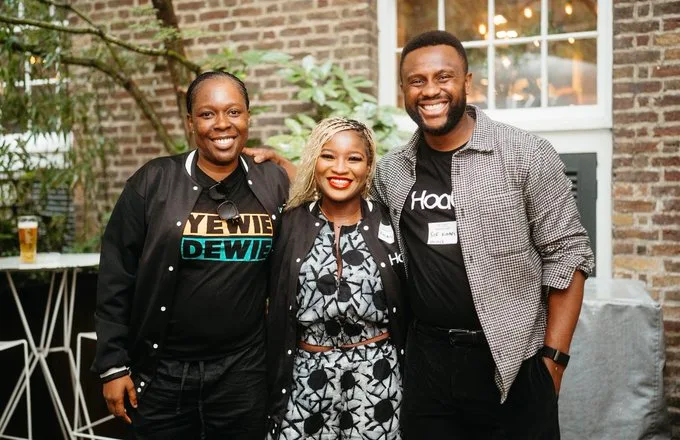Diaspora Startup Investing Is Getting Easier Thanks to Borderless
Diaspora startup investing has long been held back by regulatory hurdles, payment issues, and limited access to vetted opportunities. But that’s beginning to change thanks to Borderless—a platform built by Joe Kinvi, former Stripe growth lead and Paystack alum. Within the first 100 words, we answer a core query: How can Africans in the diaspora invest in startups and real estate back home? Borderless offers a seamless, secure way to do just that. Since its beta launch, the U.K.-based platform has already processed over $500,000 in cross-border transactions, enabling communities to pool resources and invest collectively in high-potential African ventures. The tool is transforming how diasporans engage with wealth creation back home by focusing on scalable infrastructure, regulatory compliance, and ease of use.
Image Credits:BorderlessFrom Stripe Equity to Diaspora Startup Investing Visionary
Joe Kinvi’s entrepreneurial journey began at Touchtech Payments, where he joined as head of finance in 2017. Because the startup couldn’t meet his full salary expectations, Kinvi took partial compensation in stock. That gamble paid off: when Stripe acquired Touchtech 18 months later, Kinvi walked away with enough equity to bootstrap his own ideas. By 2020, he had teamed up with friends to form Hoaq, an informal investment club of diaspora and local angels putting small checks into African startups. However, the group quickly ran into challenges: frozen accounts, complex regulations, and legal uncertainty around collective investing. Despite these obstacles, Hoaq invested in promising companies like LemFi, Bamboo, and Chowdeck—laying the groundwork for something bigger.
Borderless Solves the Real Pain Points of Diaspora Investing
The evolution of Borderless came directly out of the problems Kinvi and his peers faced. Opening bank accounts triggered compliance flags, cross-border transactions were tricky, and legal documentation became a bottleneck. Hoaq had to hire a lawyer and manually manage every part of the investment process. These friction points inspired Kinvi to digitize the entire workflow—from onboarding and KYC to disbursements and reporting. What started as an internal fix quickly attracted outside interest. Collectives across the diaspora wanted the same tools—not just for startup investing, but also for real estate and other productive assets. By 2022, Kinvi had left Stripe and spent a year helping scale Paystack’s fintech infrastructure, before committing fully to Borderless.
The Future of Diaspora Startup Investing with Borderless
Borderless now serves as a digital infrastructure layer for over 100 diaspora investment communities on its waitlist. The platform offers tools to onboard members, manage funds, and facilitate compliant cross-border capital deployment. As more Africans abroad look to channel remittances into high-impact assets, Borderless offers a solution that’s purpose-built for their needs. It's not just about enabling transactions—it’s about unlocking financial inclusion, wealth-building, and long-term engagement with the continent. With collective investing gaining traction and more diaspora capital seeking scalable returns, Borderless could become the go-to gateway for diaspora startup investing and beyond. Kinvi’s work reflects a broader shift: African innovation isn’t just homegrown—it’s being powered by its global community.


